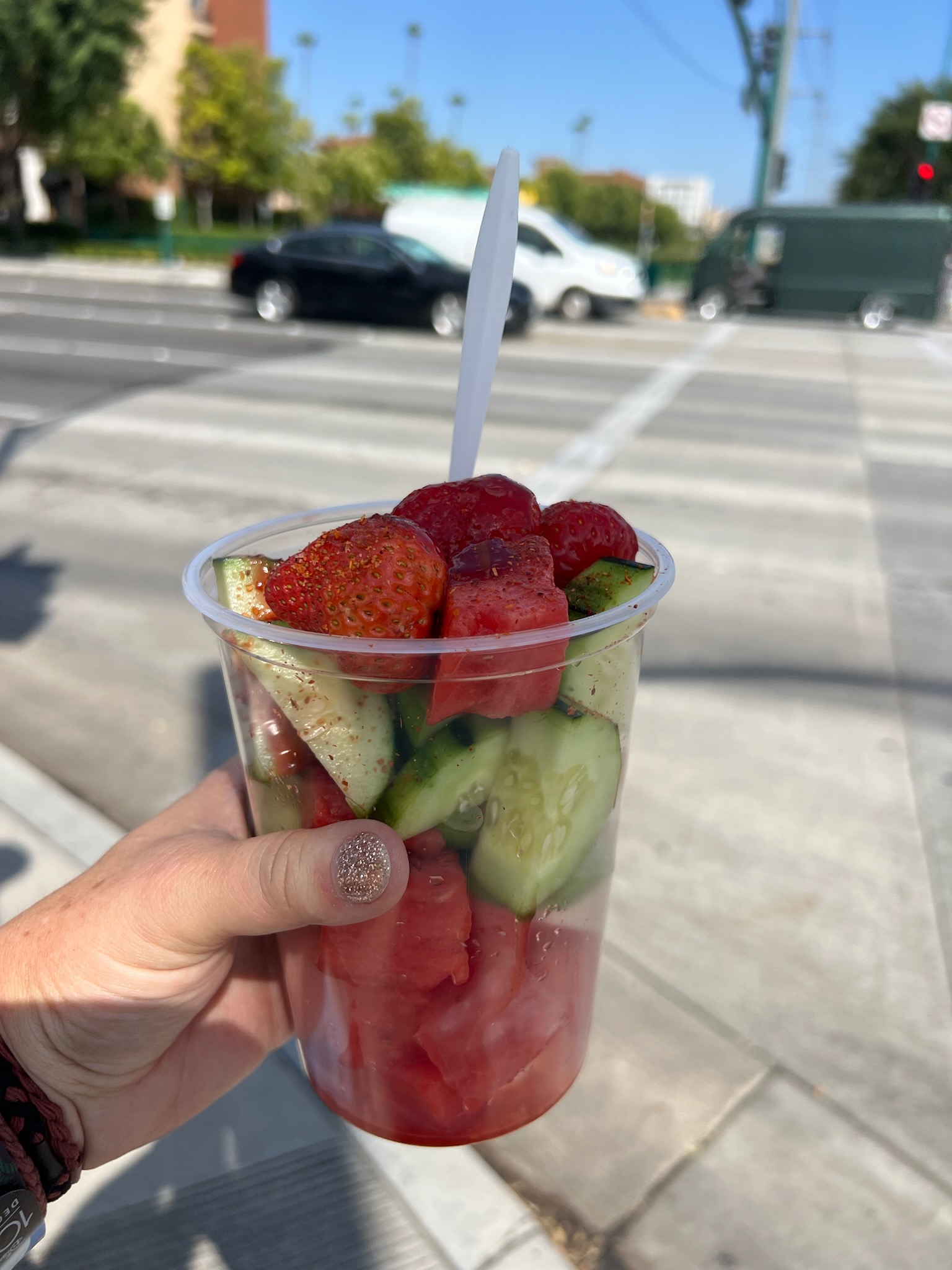


The body indeed processes different types of sugars and carbohydrates in various ways, affecting factors like glycemic index and potential impacts on health. The relationship between sugar consumption and conditions like cancer, yeast, and mold is a complex topic with varying perspectives.
The glycemic index (GI) serves as a measure of how a specific sugar impacts blood sugar levels within the body over a 2-3 hour timeframe. Contrary to the notion that “sugar is sugar” as propagated by some television commercials, the claim that the body doesn’t distinguish between different sugars seems to be contradicted by the scientific determination of the GI. If the body were truly indifferent to sugar types, its response would be uniform across all sugars. However, the scientifically established GI indicates otherwise, revealing that the body reacts uniquely to each sugar variant.
In essence, the GI, as a scientific metric, underscores that the body discerns and responds differentially to various sugars. This insight challenges the oversimplified notion that all sugars are processed equivalently within the body, highlighting the nuanced impact that distinct sugar types can have on blood sugar levels and overall health.
It’s worth noting that individuals diagnosed with cancer often receive advice to minimize sugar intake, as sugars are believed to fuel cancer growth. The association between sugar consumption and conditions like inflammation, arthritis, and various diseases adds another layer to the conversation. This perspective suggests that sugars may play a role in activating existing cancer cells within our bodies. The idea that our bodies respond differently to various sugars gains significance in this context, hinting at a nuanced relationship between dietary choices and the potential activation of latent health concerns.
This viewpoint challenges the notion that our bodies are indiscriminate in their response to sugars. Instead, it proposes a connection between sugar intake and the activation of certain cells associated with diseases, reinforcing that understanding the distinctions among sugars is crucial for making informed dietary choices that may impact overall health, especially for individuals navigating cancer and related health challenges.
The glycemic index (GI) provides valuable insights into the rate at which sugars are released into our bodies and utilized as energy. A lower GI indicates a slower release, allowing for a gradual and sustained energy supply. Conversely, a higher GI implies a more rapid sugar release, leading to the potential storage of excess sugars as fat. This mechanism underscores the body’s ability to make distinct choices – utilizing the incoming sugars immediately as an energy source or storing them for later use.
The dynamic interplay between the glycemic index and the body’s response highlights a conscious decision-making process. By differentiating between sugars that offer a slower, steady release and those with a quicker impact, the body actively allocates energy resources. This intricate system suggests that the body possesses a level of awareness, discerning the varying qualities of sugars and adapting its response accordingly.
Sweetening the Truth: Navigating the Impact of Sugars on Your Health
<50 = Low Glycemic Index (GI)
Artificial Sweeteners n/a [chemicals]
Stevia 0
Xylitol 7
Agave Nectar 15-30
Fructose 17-22
Brown Rice Syrup 25
Raw Honey 30
Coconut Palm Sugar 35
Barley Malt Syrup 42
Amasake 43
Sugar Cane Juice 43
Lactose 46
Organic Sugar 47
56 – 69 = Moderate Glycemic Index (GI)
Maple Syrup 54
Blackstrap Molasses 55 (not considered a sugar, sugar cooked off)
Evaporate Cane Juice 55
High Fructose Corn Syrup 62
Sucrose 64
Brown Sugar 64
Turbinado 65
Raw Sugar 65
70 and greater High Glycemic Index (GI)
Cola 70
Corn Syrup 75
Table Sugar 80
High Fructose Corn Syrup 87
Glucose/Dextrose 96-100
Date Sugar 103
Maltodextrin 150 is a common sweet food additive derived from starch
Health Disclaimer
Disclaimer: The information provided on the Optimal Health 360 blog is intended for general informational purposes only and should not be considered professional medical or nutritional advice. Readers are encouraged to consult with qualified healthcare professionals or nutritionists for personalized guidance based on their individual health needs and circumstances. The content on this blog is not intended to diagnose, treat, cure, or prevent any disease.
The opinions expressed in blog posts are those of the respective authors and do not necessarily reflect the views of Optimal Health 360. We strive to provide accurate and up-to-date information, but the field of health and nutrition is constantly evolving. Therefore, readers should independently verify any information presented on this blog and consult with healthcare professionals for the latest recommendations.
Optimal Health 360, Mama Vega, Mama Vega Enterprises, or any subsidiaries are not responsible for any consequences resulting from the use of information provided on the blog. Any reliance on the information presented is at the reader’s own risk. We encourage readers to make informed decisions about their health and well-being and to seek professional advice when needed.














